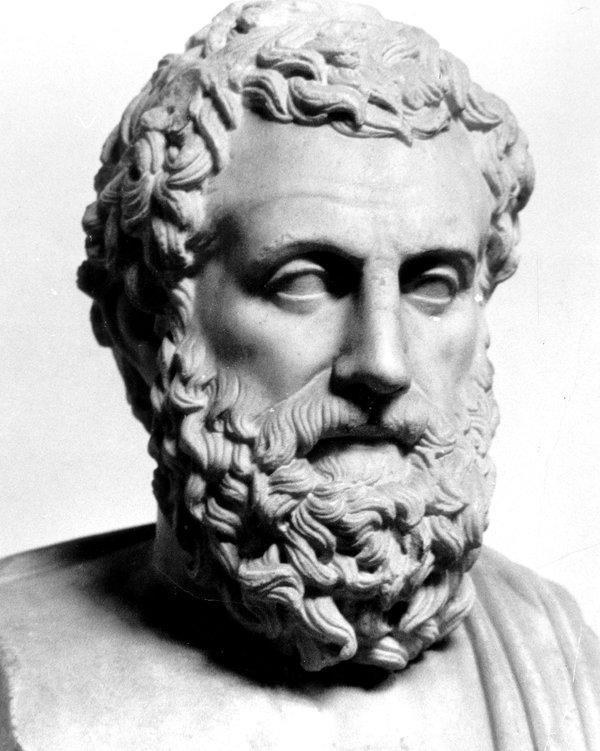De Anima, by Aristotle
In Aristotle’s analogy (De Anima 412a–413a), if the eye was an animal, then sight would be its soul: It would actualize the material eye’s potential to see, rendering it capable of fulfilling its intrinsic function [...]
[...] Soul was therefore responsible for the basic functions, faculties, or powers of living beings, known as nutritive or vegetative, perceptive or sensible, appetitive or desiderative, motor or locomotive, and rational or intellective (Michael 2000). Sometimes these faculties were attributed to different souls, and their possession defined a hierarchy: Human beings had all of them, nonhuman animals lacked a rational soul, and plants had only a vegetative soul. Yet all were “animals,” or ensouled bodies. That is why the word psychology, in use by 1590, originally designated the science of all living beings (Vidal 2011).

You can access Aristotle's full-text book De Anima on the link below:



































































0 comments
Sign in or create a free account